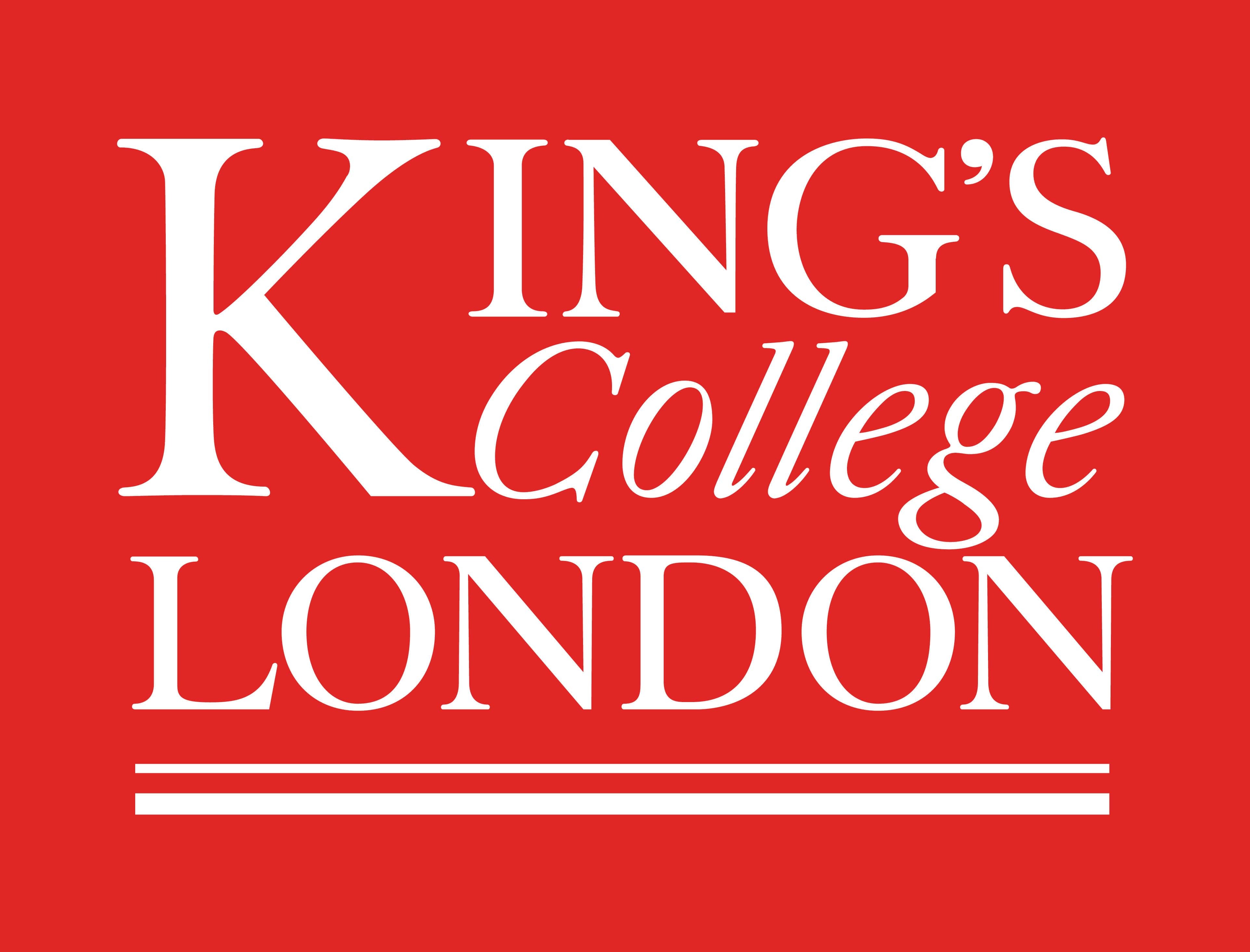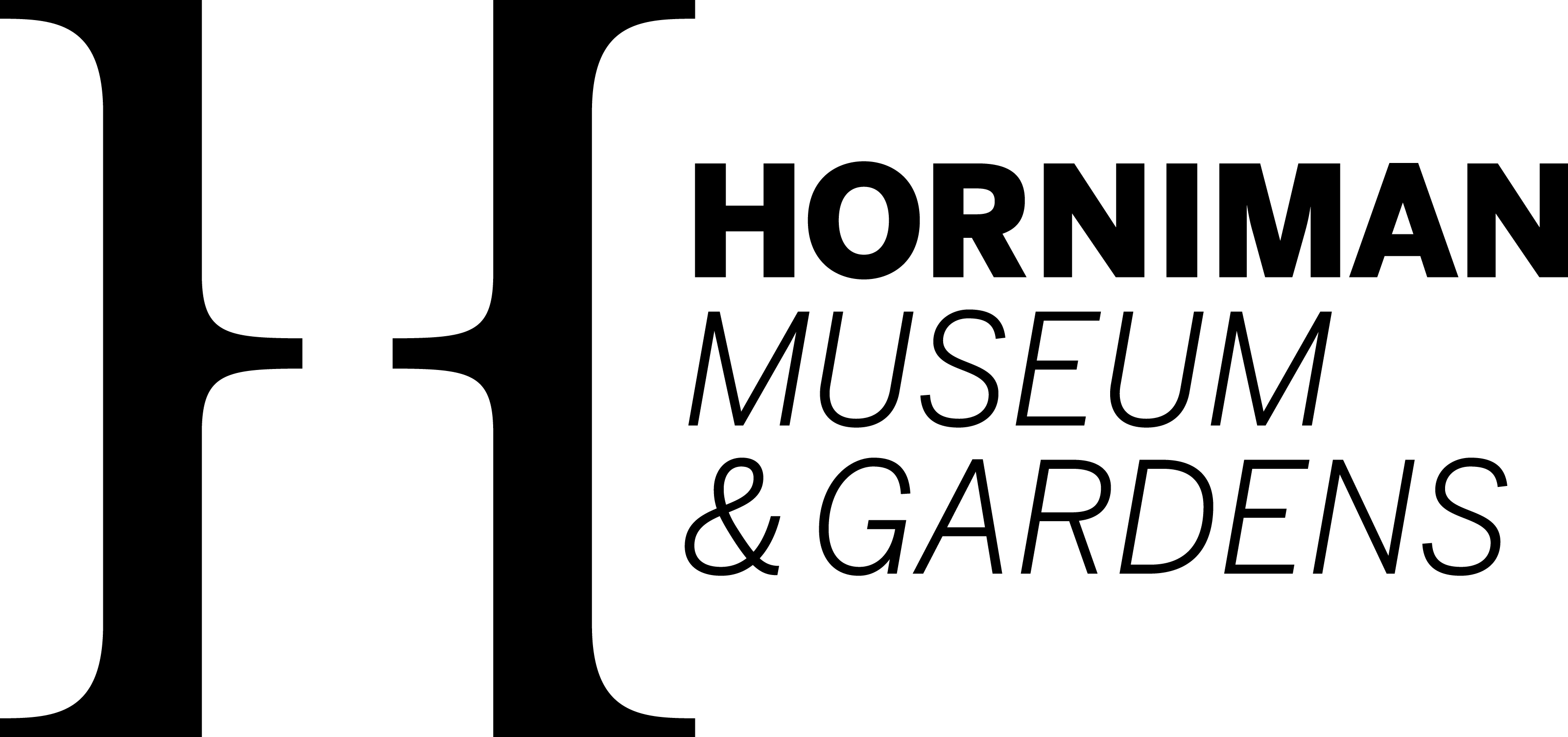
The Horniman Museum and Gardens is located in Forest Hill, South East London.
It first opened as the Surrey House Museum in 1890 in the Horniman family residence. In 1901 it changed its name to the Horniman Museum when it re-opened in a new purpose-built museum building.
The Horniman is named after Frederick Horniman, who inherited and ran his father’s business, Horniman’s Tea, and was elected as an MP for the Liberal Party in 1895.
Frederick Horniman has historically been remembered through his museum as a social reformer who campaigned for the creation of the British Welfare State, and was committed to raising standards of living in Britain across all sectors of society. It is said that he built his museum to “bring the world to Forest Hill” and provide an opportunity for people from all walks of life to see and learn about global craftsmanship and creativity.
It is however also important to remember that the wealth that enabled him to make his collection, build his museum, and campaign as a social reformer in Britain, was reliant on the exploitation of people living in the British Empire.
The Horniman family did not own tea plantations, but were merchants, buying mostly Chinese tea on the London market at auction. This trade took advantage of the low price of tea enabled by the British sale of Opium in China.
They made huge profits from the tea trade, using their reputation as honest Quakers to promote their brand of pure, unadulterated tea. This drew on anti-Chinese sentiment in Britain to build mistrust in other sources of Chinese tea.
The tea growing process was labour intensive, poorly compensated, and in many cases used indentured or forced labour. The protections for workers that Horniman campaigned for in the UK were knowingly absent in the global plantations of the supply chain, that he relied on to supply his business with tea. It is this exploitation that made the tea trade so profitable.
The Horniman Museum and Gardens occupies an unique position due to its combination of an excellent natural history offer and expansive gardens. Our work can be found at this intersection, informing the work we do on climate, decolonisation and conservation.

